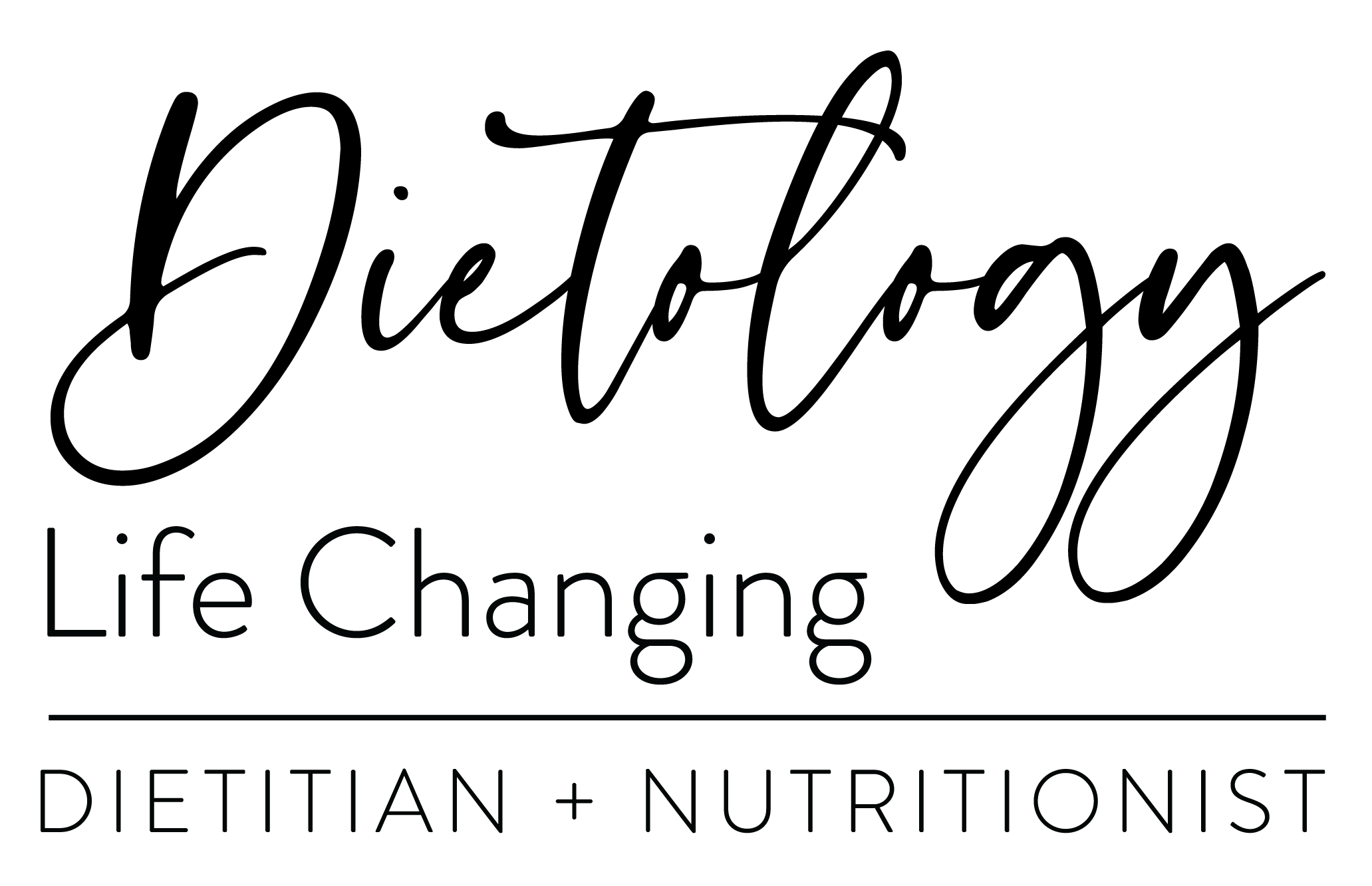The Essential Role of Fibre in the Gut-Brain Connection and Thyroid Health
When you think about nourishing your thyroid and supporting your mental well-being, fibre may not be the first thing that comes to mind.
However, this often-overlooked nutrient is a key player in maintaining the health of your gut, which is intricately connected to your brain and your thyroid gland.
Let’s look into how fibre ties these crucial areas together and why it deserves a prominent place in your diet.
Understanding the Gut-Brain-Thyroid Axis
The gut-brain connection refers to the bidirectional communication network between your gut and brain, often referred to as the "gut-brain axis."
This connection involves a group of pathways, including the nervous system, immune signalling, and, particularly, the vast variety of bacteria in your gut microbiome.
Thyroid health is intricately connected to both the gut and brain. The thyroid gland produces hormones essential for regulating your metabolism, energy, and numerous bodily functions, including digestion and mood.
Thyroid dysfunction, like in Hashimoto’s thyroiditis, can affect the gut and brain, often leading to symptoms such as constipation, mood imbalances, and inflammation.
Why Fibre Matters
Fibre is a type of carbohydrate that your body cannot digest. It’s found in plant foods, such as vegetables, fruits, legumes, nuts, seeds, and whole grains. There are two main types: soluble and insoluble fibre. Both are essential for your gut health and, impact the gut-brain-thyroid axis.
1. Fibre and Gut Health
Fiber acts as a food source for beneficial gut bacteria, which ferment it into short-chain fatty acids (SCFAs) like butyrate, acetate, and propionate. SCFAs are powerful compounds that:
Reduce gut inflammation: This is crucial for thyroid health, as autoimmune thyroid disorders like Hashimoto’s are often linked to systemic inflammation.
Strengthen the gut barrier: A well-functioning gut lining prevents the passage of harmful substances into the bloodstream, protecting the immune system and reducing the risk of autoimmune reactions.
Promote bowel regularity: Many people with hypothyroidism struggle with constipation, and adequate fibre intake can help support healthy bowel movements.
2. Fibre and the Gut-Brain Axis
The health of your gut microbiome can influence your mental well-being through several mechanisms:
Neurotransmitter production: The gut microbiome is involved in the production of serotonin, dopamine, and other neurotransmitters that impact mood. Fibre-rich diets can enhance the diversity of your gut bacteria and improve neurotransmitter balance.
Reduced systemic inflammation: Chronic inflammation can impair your brain function and mood. By reducing gut inflammation, fibre can help lower inflammatory markers that affect brain health.
Vagus nerve stimulation: The gut and brain communicate via the vagus nerve, which is influenced by gut health. A healthy gut lining and balanced microbiome can promote optimal signalling, impacting stress responses and emotional health.
3. Fibre and Thyroid Function
While research specifically on fibre’s direct impact on the thyroid is emerging, the indirect effects are significant. Fibre can support your thyroid health in several ways:
Optimising hormone metabolism: The liver plays a crucial role in converting thyroid hormones into their active form. A healthy gut supports liver function, aiding in efficient hormone metabolism.
Balancing blood sugar: Fibre slows the absorption of sugar, promoting stable blood sugar levels. Blood sugar imbalances can worsen thyroid dysfunction and fatigue.
Reducing cholesterol: People with hypothyroidism often have higher cholesterol levels. Soluble fibre helps reduce cholesterol, which is beneficial for overall cardiovascular and thyroid health.
Best Sources of Fibre for Thyroid Health
Incorporate a diverse array of fibre-rich foods to nourish your gut and support your thyroid:
Vegetables: Leafy greens, cruciferous vegetables (like broccoli and kale, in moderation if raw, otherwise cook them to reduce their goitrogenic effect – they still have an important part in your diet), carrots, zucchini etc – variety and varied colour is key.
Fruits: Berries, apples, pears, bananas, and oranges.
Legumes: Lentils, chickpeas, and beans.
Nuts and Seeds: Chia seeds, flaxseeds, almonds, and sunflower seeds.
Whole Grains: Quinoa, oats, and brown rice.
Note: If you have Hashimoto’s or other thyroid conditions, introduce fibre gradually to avoid gastrointestinal discomfort and monitor how your body responds.
Practical Tips for Increasing Fibre Intake
Start slowly: Increase fibre gradually to give your gut time to adjust. Drinking plenty of water will also help prevent bloating and discomfort.
Diversify your fibre sources: A varied diet supports a healthy microbiome. Try incorporating different vegetables, fruits, and grains each week.
Include fermented foods: Alongside fibre, fermented foods like kimchi, sauerkraut, and yogurt add beneficial probiotics (healthy bacteria), further enhancing gut health.
Final thoughts
The connection between fibre, the gut-brain axis, and thyroid health emphasises the importance of holistic nutrition. By prioritizing fibre-rich, whole foods, you support your gut microbiome, reduce inflammation, and promote better communication between your gut, brain, and thyroid. Small, sustainable dietary changes can make a significant impact on your overall well-being, helping you feel more balanced, energised, and supported.
Embrace fibre as a key component of your thyroid wellness journey, and remember that your gut truly is the gateway to a healthier, more connected self.

